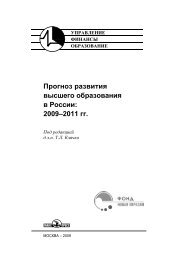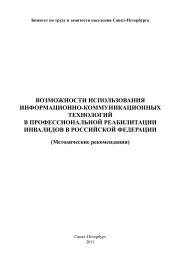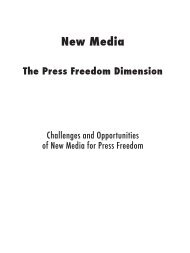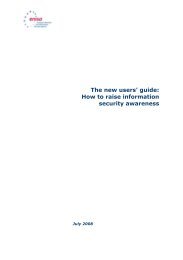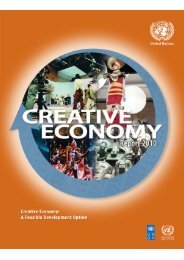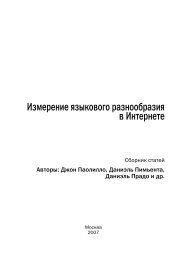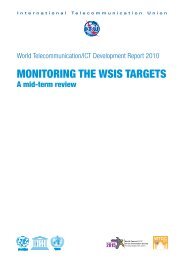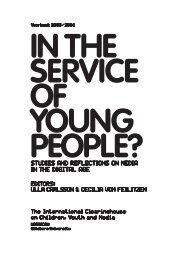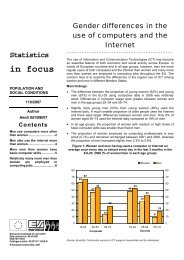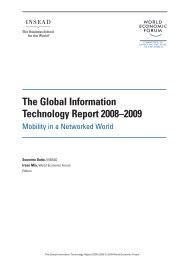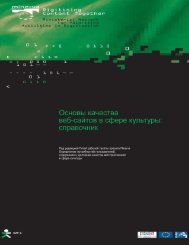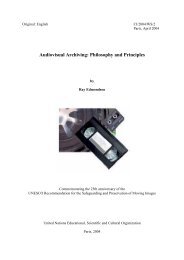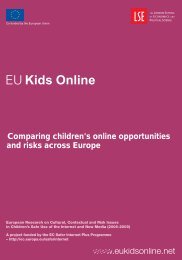Model curricula for journalism education for developing countries ...
Model curricula for journalism education for developing countries ...
Model curricula for journalism education for developing countries ...
Create successful ePaper yourself
Turn your PDF publications into a flip-book with our unique Google optimized e-Paper software.
27<br />
APPENDIX 1<br />
Diploma In Journalism (Two-year Post-secondary)<br />
Education in secondary school varies from country to country and from school to<br />
school. The strengths of students beginning a post-secondary certificate or diploma<br />
program in <strong>journalism</strong> offered at a non-degree-granting institution may also<br />
vary widely, and the program we offer may need to be adapted accordingly. Those<br />
wishing to train as journalists, however, should be able to demonstrate an aptitude<br />
<strong>for</strong> <strong>journalism</strong> that includes an ability to read, write and speak correctly in their<br />
own language and in the language(s) they would be using as journalists, as well<br />
as an interest in the civic, cultural and other mechanisms of their own community<br />
and society. Students should emerge from a diploma program well versed and<br />
practiced in the basic techniques and <strong>for</strong>ms of <strong>journalism</strong> reporting and writing<br />
(and presentation and per<strong>for</strong>mance in the broadcast media) and in the ethics and<br />
laws that circumscribe the practice of <strong>journalism</strong>. To enrich their <strong>education</strong>, build a<br />
foundation of general knowledge, encourage a more critical approach to the practice<br />
of <strong>journalism</strong>, and allow them access to further study, their instruction in <strong>journalism</strong><br />
should be combined with coursework in language(s) and in other arts or science<br />
disciplines. University-based schools of <strong>journalism</strong> may, as part of their admission<br />
procedures, establish a credit system in which work done in a diploma course<br />
would be assessed and weighed <strong>for</strong> credit towards a bachelor’s degree. In that case<br />
the following program could serve as a bridge between secondary school and a<br />
bachelor’s program in <strong>journalism</strong>.<br />
First year<br />
First term<br />
• Foundations of <strong>journalism</strong>, with units in:<br />
Logic, evidence and research (incorporating critical thinking)<br />
Writing (incorporating grammar and syntax, and narrative,<br />
descriptive and explanatory methods)<br />
National and international institutions<br />
(incorporating a basic understanding of one’s own country’s<br />
system of government, its constitution, system of justice, political<br />
process, economy, social and cultural organization, its relations with<br />
other <strong>countries</strong>, and the place of <strong>journalism</strong> in the architecture of<br />
democracy)<br />
General knowledge<br />
(incorporating basic knowledge of national and international history<br />
and geography and an introduction to contemporary social and other<br />
issues of importance to journalists, including gender, cultural<br />
diversity religion, social class, conflict, poverty, development issues,



